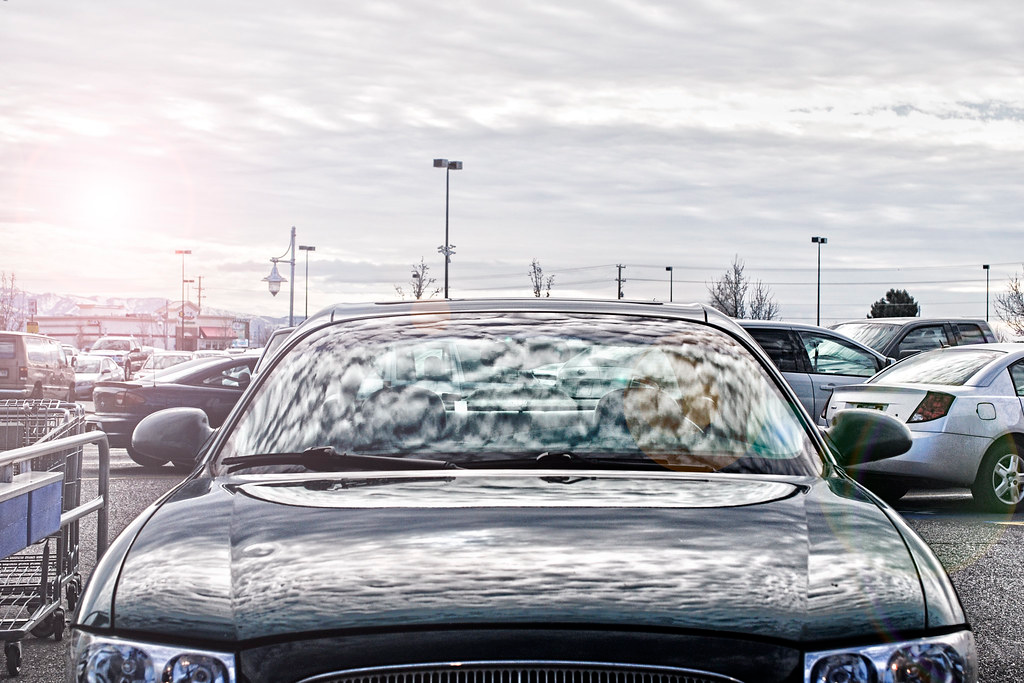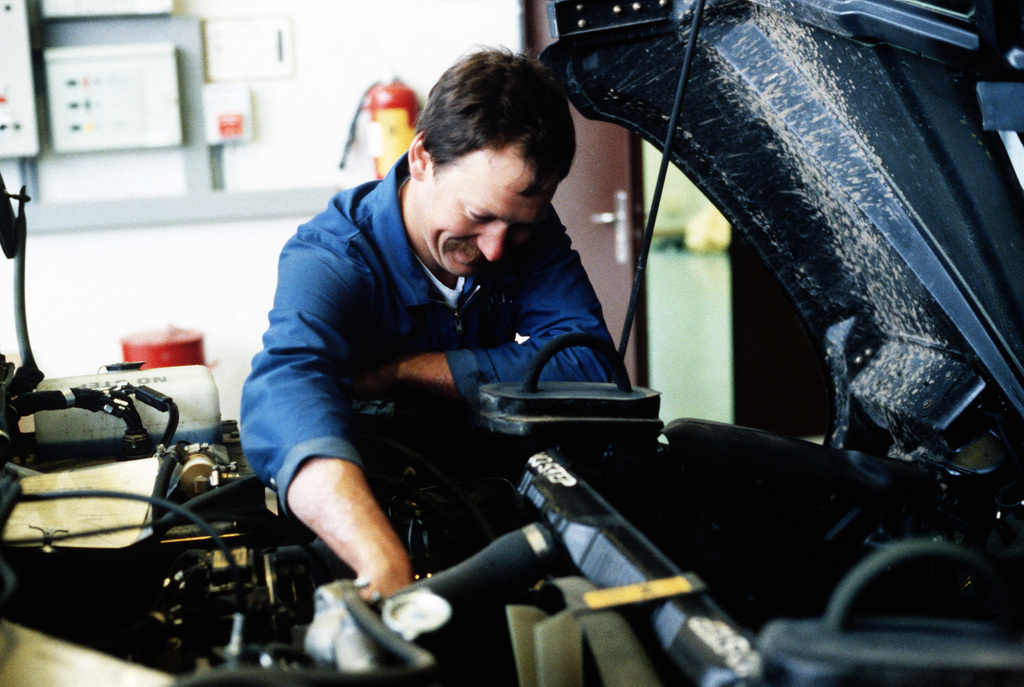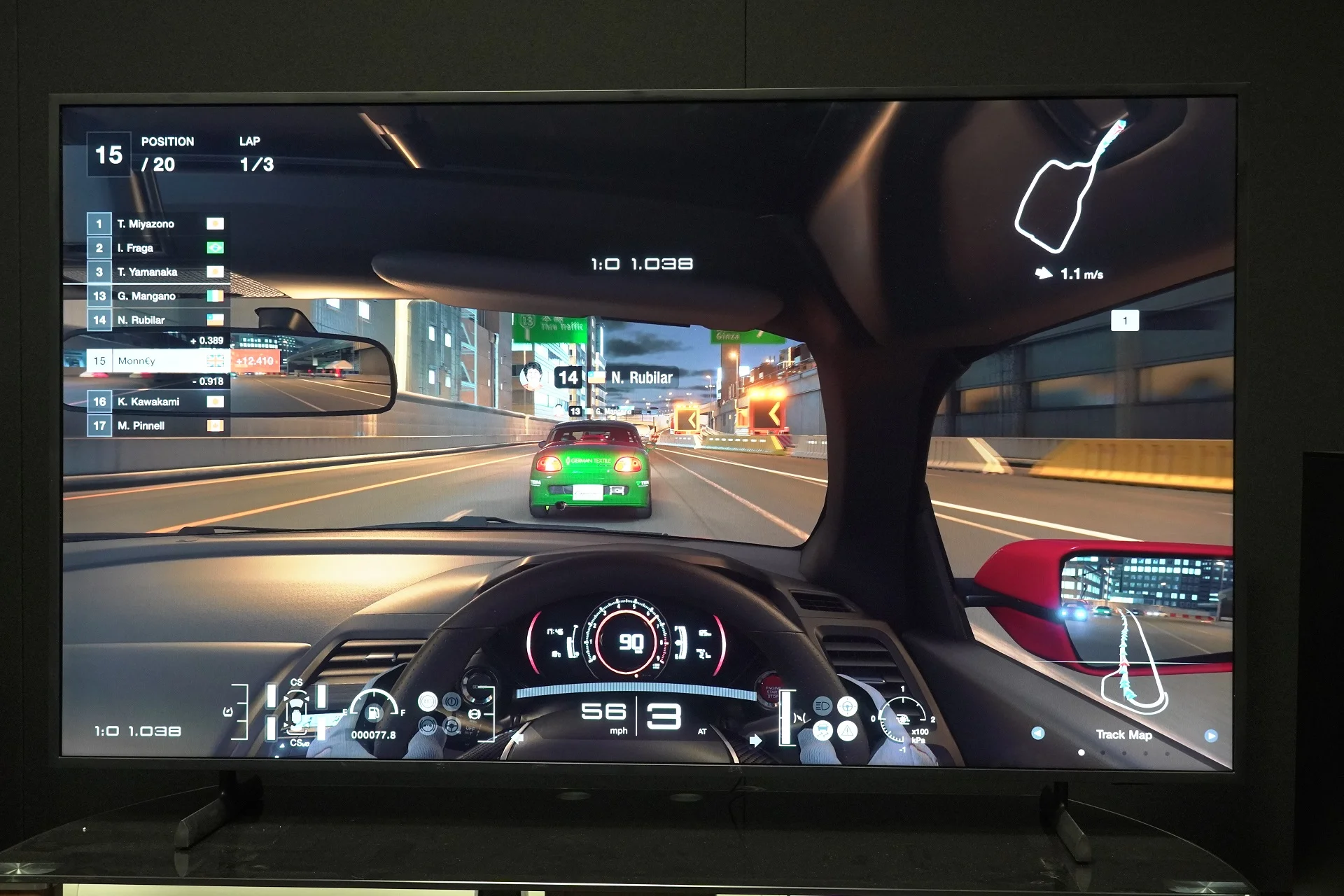Did you know that car recalls are a crucial safety measure designed to protect you and your loved ones? Understanding the recall process and “how long do recalls take to fix” can save you time, money, and potentially even your life. In this comprehensive guide, we will discuss the ins and outs of car recalls, from understanding their purpose to the role of the National Highway Traffic Safety Administration (NHTSA) and the factors affecting recall repair time. Buckle up and let’s dive in!
Key Takeaways
- This article provides an overview of the car recall process, including factors that may affect repair time and how to expedite resolution.
- Consumers have legal rights and responsibilities related to car recalls, such as manufacturers’ duty to repair safety defects and consumers’ right in case of injury due to a recalled part.
- It is important for owners of recalled vehicles to act promptly by scheduling an appointment with their local dealer, inquiring about loaner vehicles or rental cars if necessary, staying informed on the status of repairs, checking NHTSA’s Recall Database when purchasing used cars etc., in order minimize potential risks.
Understanding Car Recalls

Car recalls are an essential aspect of maintaining vehicle safety on our roads. The NHTSA plays a pivotal role in overseeing this process while manufacturers are responsible for addressing any safety defects. Understanding the reasons behind car recalls and how they are managed can help you be more prepared in case your vehicle is affected.
But what factors affect recall repair time, and how can you expedite the process? We will delve into the intricacies of car recalls and uncover these details.
What is a Car Recall?
A car recall is a safety action taken by the manufacturer or the NHTSA to address safety risks or non-compliance with safety standards. When a vehicle or component of car equipment does not comply with applicable regulations or has a safety-related issue, the manufacturer is obligated to contact the vehicle’s owners and cover the repair costs.
Legally, manufacturers have a set timeframe to rectify the issue for the recalled vehicles, a duration that changes depending on the type of recall. You must act swiftly when you get a recall notice because neglecting it might result in accidents or even fatalities.
Reasons for Car Recalls
Some of the most frequent causes of major recalls in the automotive industry, particularly car recalls, include problems with vehicle recalls related to warning signs in:
- Airbags
- Brakes
- Fuel pumps
- Steering
- Windows
These safety recalls are issued when a manufacturer or the NHTSA identifies a safety defect or a lack of compliance with a federal motor vehicle safety standard in the vehicle or motor vehicle equipment.
Being knowledgeable about the potential problems causing a car recall is vital, given their direct impact on your and your passengers’ safety on the road.
The Role of the NHTSA in Car Recalls
The NHTSA plays a vital role in overseeing car recalls, investigating reported issues, and enforcing safety standards. Established by the Highway Safety Act of 1970, the NHTSA allows consumers to report safety concerns. Upon receiving reports, the NHTSA undertakes a comprehensive technical assessment of the reported safety concern based on all available data, including documents provided by manufacturers. They also have the authority to recall vehicles or equipment that pose an unreasonable risk to safety or do not meet minimum safety standards.
Through vigilant monitoring of vehicle safety, the NHTSA contributes to maximising the safety of our roads.
Factors Affecting Recall Repair Time

When it comes to fixing a recalled car, various factors can impact the time it takes to complete the repair. The complexity of the issue, the availability of replacement parts, and the dealership’s scheduling and workload all play a part in determining how long you’ll be without your vehicle.
Next, we will discuss each of these factors and their potential impact on the duration of recall repairs.
Complexity of the Issue
The complexity of a car recall issue can have a significant effect on the repair timeframe. Some recalls may involve relatively simple fixes, like a software update that takes mere minutes. Others, such as the extensive Takata airbag recall or the General Motors ignition-switch recall, can demand significant time and effort to rectify the defective parts.
Depending on the type of recall and the availability of components, it could take several weeks to several months for the repair to be completed.
Availability of Replacement Parts
The availability of replacement parts can also have a considerable effect on car recall repair times. If parts are scarce, the repair process can be postponed, sometimes for an extended period of time. It is worth noting that auto manufacturers may send out recall notices before the parts are available, leading to further delays.
Even if parts are readily available or not, federal law mandates that safety recall repairs should be done free of charge.
Dealership Scheduling and Workload
Another factor that can impact the time it takes to repair a recalled car is dealership scheduling and workload. If the dealership is inundated with a substantial amount of vehicles requiring repairs and lacks the necessary resources or personnel to manage the workload adequately, delays can occur. Furthermore, delays can be caused by a shortage of parts needed for the recall repairs.
Maintaining open lines of communication with your local dealership and exercising patience as they tackle the recall will ensure a safe return to the road.
Estimating Recall Repair Timeframes

Having covered the numerous factors that can influence recall repair time, you may be curious about estimating the repair duration for your vehicle. This depends on the severity of the issue and the required repair.
In the following sections, we’ll provide a general guideline for estimating recall repair timeframes based on the nature of the issue.
Minor Repairs: Software Updates and Small Part Replacements
Minor repairs, such as software updates and small part replacements, can be completed relatively quickly. A software update may take a few minutes, while a small part replacement can take a few hours up to a couple of weeks, depending on the part availability and the service center’s workload.
Although these repairs might not take much time, addressing them promptly is paramount to guarantee your vehicle’s safety.
Moderate Repairs: Component Replacements and System Adjustments
Moderate repairs, like component replacements and system adjustments, may take longer to complete. Depending on the intensity of the recall, it can take anywhere from a few hours to a few days to complete the repair. In some cases, the repair duration may be extended due to the availability of parts or the dealership’s workload.
Keeping in touch with your dealership and showing patience as they carry out the needed repairs is crucial.
Major Repairs: Entire Vehicle or System Overhauls
Major repairs, involving entire vehicle or system overhauls, can take days or even weeks to complete. These types of repairs often involve extensive work and require significant time and effort from the dealership and the manufacturer. In some cases, an automaker may even buy back or replace the entire vehicle if the defect cannot be repaired.
Despite the time-consuming and inconvenient nature of these major repairs, they are indispensable for guaranteeing the safety and reliability of your vehicle.
Tips for Handling Recall Repairs Efficiently
With a better understanding of the factors affecting recall repair time and how to estimate the duration of repairs, let’s explore some tips for handling recall repairs efficiently and minimizing inconvenience. By following these suggestions, you can ensure a smoother process and get back on the road as quickly as possible.
Scheduling an Appointment with Your Local Dealer
Upon receiving a recall notice, you should promptly schedule an appointment with your local dealer to address the issue with your recalled vehicle. The sooner you book an appointment, the sooner your vehicle can be repaired, ensuring your safety on the road.
Be prepared to provide your contact information, vehicle information, a description of the recall issue, or the recall number (if available), and a preferred date and time for the appointment.
Inquiring About Loaner Vehicles or Rental Cars
If your repair is expected to take a long time, you might be eligible for a complimentary loaner vehicle or rental car. This can help minimize the inconvenience of being without your vehicle during the repair process. Contact your local dealership and inquire about their loaner vehicle program or the possibility of reimbursement for a rental car.
Staying Informed and Following Up on Your Repair Status
Staying informed and following up on your repair status is vital to ensure its completion in a timely manner. You can track the status of your recall repairs using the NHTSA’s online search tool or the SaferCar app, or by contacting the Vehicle Safety Hotline at 888-327-4236.
By staying proactive and keeping in touch with your dealership, vehicle owners can help ensure that their vehicles are repaired efficiently and safely.
Used Cars and Recalls: What to Know
When it comes to used cars and recalls, there are a few key things you should be aware of before making a purchase. In the following sections, we’ll discuss the importance of checking the NHTSA’s recall database, registering the car for future recall notices, and ensuring previous owners completed recall repairs.
Checking the NHTSA’s Recall Database
Before buying a used car, make sure to consult the NHTSA’s recall database to verify if the vehicle has been recalled. By entering the Vehicle Identification Number (VIN) on the NHTSA website or the Check to Protect website, you can determine if the vehicle has any open recalls and if the repairs have been completed. This simple step can help ensure that you’re purchasing a safe and reliable used car.
Registering the Car for Future Recall Notices
After purchasing a used car, it’s necessary to register the vehicle for future recall notices to keep abreast of any potential safety issues. By providing your current address and the Vehicle Identification Number (VIN) of the car, you can ensure that you receive any relevant recall notices in a timely manner.
Ensuring Previous Owners Completed Recall Repairs
Lastly, make sure to verify that any previous owners have completed recall repairs before purchasing a used car. By checking the NHTSA’s recall database and speaking with the previous owner or dealership, you can ensure that you’re buying a vehicle that has had any necessary recall repairs addressed.
This extra layer of diligence can help you avoid potential safety issues down the road.
Legal Rights and Responsibilities Related to Recalls
Besides comprehending the intricacies of car recalls and their repair process, it’s crucial to know your legal rights and responsibilities related to recalls.
In the following sections, we’ll discuss:
- The manufacturer’s duty to repair safety defects
- Consumer rights in case of injury due to a recalled part
- Reporting unresolved recall issues to the NHTSA
Manufacturer’s Duty to Repair Safety Defects
Manufacturers are responsible for repairing safety defects in their vehicles free of charge. This obligation ensures that consumers are protected from potentially dangerous defects and that vehicle safety is maintained. By holding manufacturers accountable for addressing safety defects, the NHTSA and other regulatory agencies help ensure that our roads remain as safe as possible.
Consumer Rights in Case of Injury Due to a Recalled Part
If you or a loved one has been injured due to a recalled part, you have the right to hold the manufacturer accountable for your injuries. Consumers can pursue legal action against manufacturers for damages under product liability law. It’s important to consult with a personal injury lawyer who specializes in product liability cases to explore your legal options and seek compensation for medical bills, lost wages, and other damages.
Reporting Unresolved Recall Issues to the NHTSA
In the event that a recall issue remains unresolved, it’s crucial to report the problem to the NHTSA. By filing a complaint through NHTSA.gov or contacting the Vehicle Safety Hotline at 888-327-4236, you can help ensure that proper enforcement of safety standards is maintained.
Reporting unresolved recall issues not only helps protect you and your family, but also contributes to the safety of all drivers on the road.
Summary
In conclusion, understanding car recalls and the factors affecting recall repair time is crucial for ensuring the safety of you and your loved ones on the road. By staying informed about the recall process, the role of the NHTSA, and how to handle recall repairs efficiently, you can help minimize inconvenience and ensure that your vehicle is safe to drive. Remember to check the NHTSA’s recall database for used cars and register your car for future recall notices. And if you ever encounter an unresolved recall issue, don’t hesitate to report it to the NHTSA to help maintain the safety of our roads.
Frequently Asked Questions
How long does it take for a car recall to be fixed?
Most car recall repairs can be completed in an hour or two, while some may take a few days depending on the severity of the recall. If needed, dealers may offer a loaner vehicle at their own expense.
How do I know if my car has been fixed after a recall?
You can easily check if your car has been fixed after a recall by using the NHTSA database. Simply enter your Vehicle Identification Number (VIN) in their VIN recall look-up tool to find out if any unrepaired recalls exist on your vehicle. If there was already a recall and it was fixed, the search will not show up.
What happens if my car is recalled and can’t be fixed?
If your car is recalled and can’t be fixed, you should visit your dealer to inquire if there is a known fix and if the parts are available. If not, you may need to wait until a fix becomes available or take advantage of a loaner car offered by the manufacturer. The manufacturer must also provide a free repair, replacement vehicle or similar model according to the law.
What should I do if I receive a recall notice?
Make an appointment with your local dealer as soon as possible to have the issue addressed and resolved. Follow any other instructions provided in the recall notice.
Are there any legal rights and responsibilities I should be aware of in relation to car recalls?
Yes, manufacturers have a legal duty to repair safety defects, and consumers have the right to report unresolved recall issues to the NHTSA. In case of injury due to a recalled part, these rights can be further pursued.





 Who We Are
Who We Are Coverage Area
Coverage Area Donate
Donate